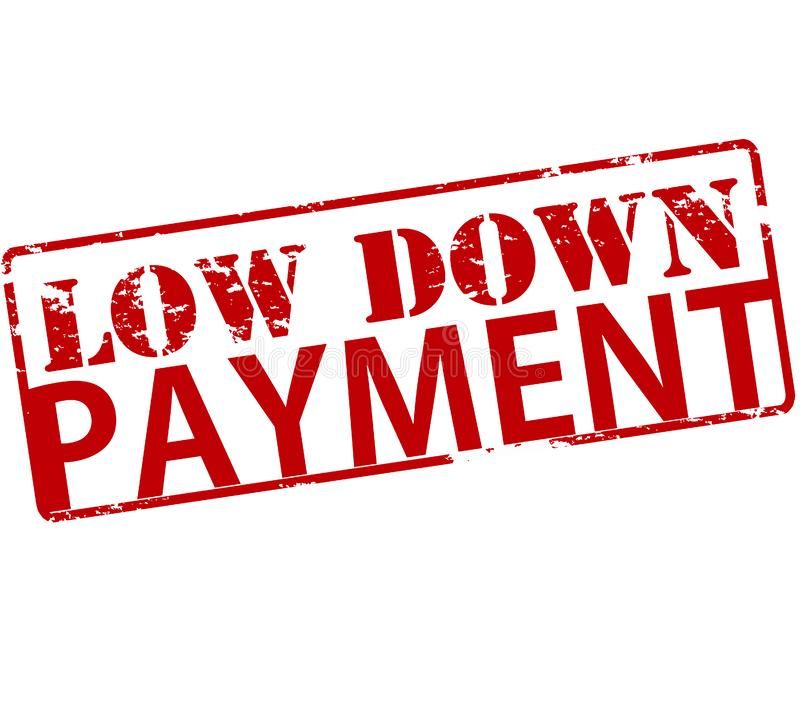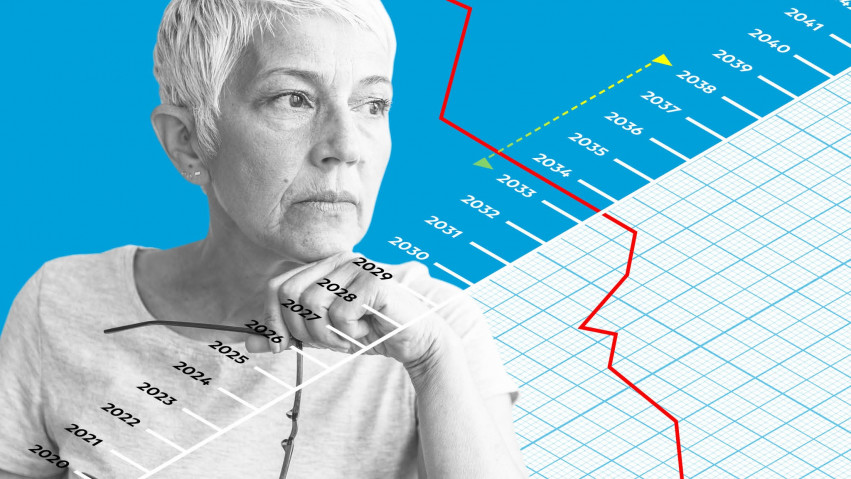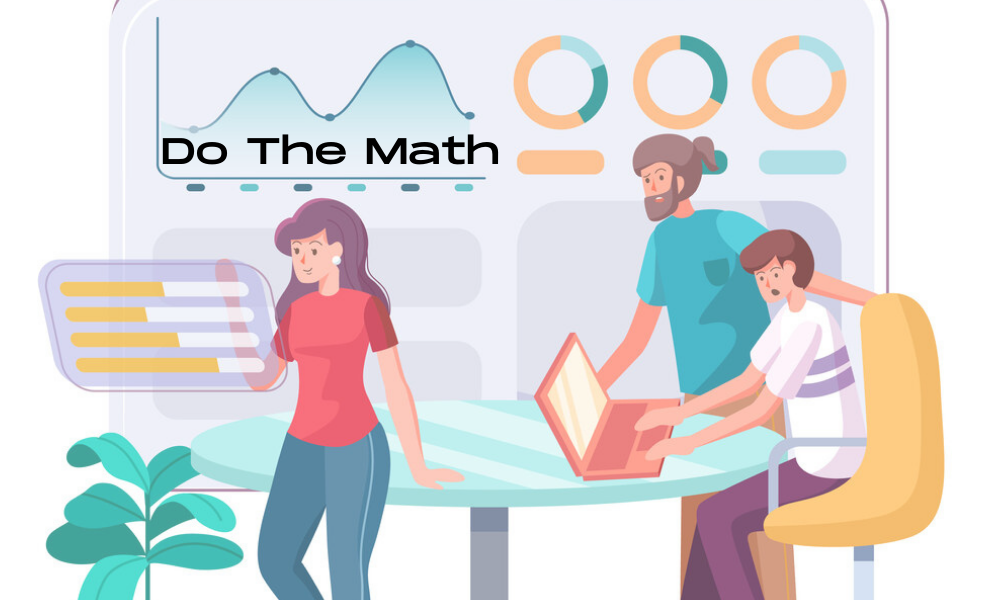Can You Use Your 401(k) Or IRA to Buy a Home?
Can You Use Your 401(k) Or IRA to Buy a Home?
Even when interest rates are low, down payment amounts rise rapidly when home prices are rising rapidly. Not everybody has the cash savings to come up with a down payment.

Some people, however, have funds that have built up in an employer-sponsored retirement plan, such as a 401(k).

If that's the case, you might start thinking about your retirement savings. Can you use your 401(k) to buy a home? The short answer is yes, but there's quite a bit to consider.

If they're feeling pressured to buy a home soon - interest rates are low, their family is growing, or they find the home of their dreams - homebuyers might not have time to save up for the down payment required.


The difference between putting 20 percent down on a home compared to lower down-payment options can be significant. Often, 20 percent means landing a lower mortgage interest rate.

It allows you to avoid paying private mortgage insurance (PMI). Those savings can add up to hundreds of dollars a month.

Whether it makes sense to use 401(k) funds to access those savings is often a matter of math. If you withdraw from a qualified plan and you're younger than 59 ½, you'll pay a 10-percent penalty and be on the hook for income taxes on the amount withdrawn.

Will paying those costs upfront to be offset by the years of monthly savings you'll get by paying a lower interest rate or avoiding PMI?

Consider the opportunity costs.
The penalty and tax hit you take on a 401(K) withdrawal might cost less than years of a higher interest rate and PMI, but there's also an opportunity cost associated with the funds that are withdrawn: Those funds don't grow.

For example, if you have $30,000 in a 401(k) that earns 8 percent a year and take out $15,000 to buy a home, you'd lose $1,200 of growth in the first year alone.

Over 20 years at that 8 percent, $15,000 would be worth $69,914. Because of compounding, you'd be giving up quite a bit of retirement savings for that $15,000 down payment.

Many employer-sponsored plans allow you to borrow funds rather than withdraw them, usually with a $50,000 limit. You'd have to pay back, with interest, any amount you borrow from your 401(k), but you'd avoid the early-withdrawal penalty and tax liability.

Usually, when you borrow from a 401(k), you must pay the full amount back (plus interest) within five years. When using the money to purchase a primary residence, however, some plans allow for a longer payback period.

There remains an opportunity cost associated with this strategy. The money you borrow from yourself is not growing in your account. Still, borrowing would be considered more desirable than a withdrawal by most financial experts. Discussing either with a professional is advisable.

 (3).png?w=1140)
If you have a traditional individual retirement account outside of an employer-sponsored plan, you can use up to $10,000 without paying the 10-percent penalty if you're a first-time homebuyer.

It might not seem like a lot, but you'd be saving $1,000 compared to making the same withdrawal from a 401(k) or similar plan. You'd still owe income tax on the amount withdrawn.

A Roth IRA allows you to withdraw any amount you've contributed without paying income tax, although you'd still have the 10-percent early-withdrawal penalty. If you've put in $20,000 over the years, you could take that amount out and pay only $2,000 to do so.

 (4).png?w=1140)
Most people are able to use funds from a 401(k) retirement account toward the down payment on a new home. Doing so, however, can come with penalties and taxes, and it can substantially stump your savings growth.

Borrowing from a plan is generally more favorable, and using IRAs that aren't employer-sponsored might be a better first option.

.png)

.png)

